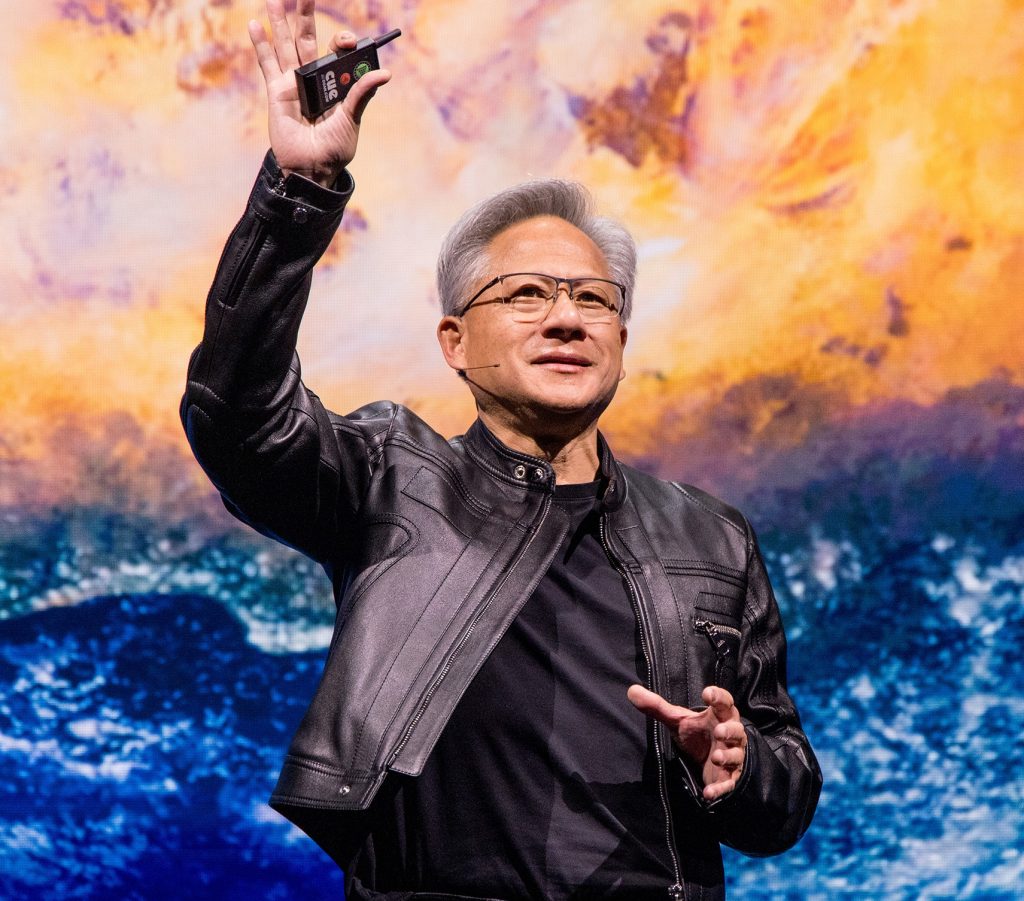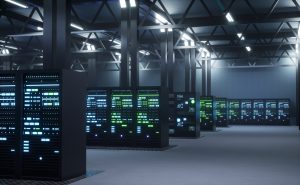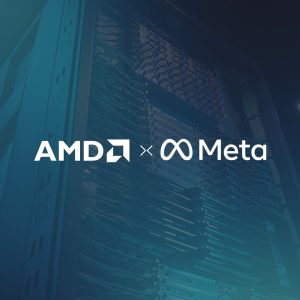Nvidia CEO Meets TSMC in Taipei Amid US-China Chip Policy Uncertainty

Photo Credit: @nvidia
Nvidia CEO Jensen Huang arrived in Taipei on Friday to meet with executives of Taiwan Semiconductor Manufacturing Company (TSMC), the company’s long-standing foundry partner. The brief visit comes as Nvidia faces growing challenges in balancing U.S. export restrictions and China’s demand for advanced artificial intelligence chips. Huang said his primary purpose was to meet TSMC leaders, and he planned to leave shortly after dinner with them.
Nvidia has been at the center of U.S.-China trade tensions, particularly over access to high-performance chips. Earlier this month, U.S. President Donald Trump indicated that China might be allowed to purchase Nvidia chips more advanced than the H20. Reports suggest Nvidia is working on a new model, tentatively called the B30A, based on its latest Blackwell architecture, which could outperform the H20. Huang confirmed that Nvidia is in talks with the U.S. government about a potential successor to the H20 for China, but stressed that final approval rests with Washington.
The H20 chip, designed specifically for China after the 2023 export restrictions, was briefly cleared for sales in July. However, strong demand from Chinese companies has been overshadowed by security concerns raised by China’s cyberspace regulator, which warned local firms about possible risks. Nvidia has denied these claims, insisting its chips do not contain backdoor threats.
Amid these developments, Nvidia has reportedly paused certain H20-related production activities involving Foxconn, Amkor Technology, and Samsung Electronics. Nvidia stated that it continuously manages its supply chain in response to market conditions.
The situation reflects the difficult balance Nvidia must maintain as both U.S. and Chinese policies evolve. Huang emphasized that Nvidia’s chips are not designed for military or government use and expressed appreciation for the opportunity to supply the H20 to China despite the uncertainties.
Source: The Economic Times




